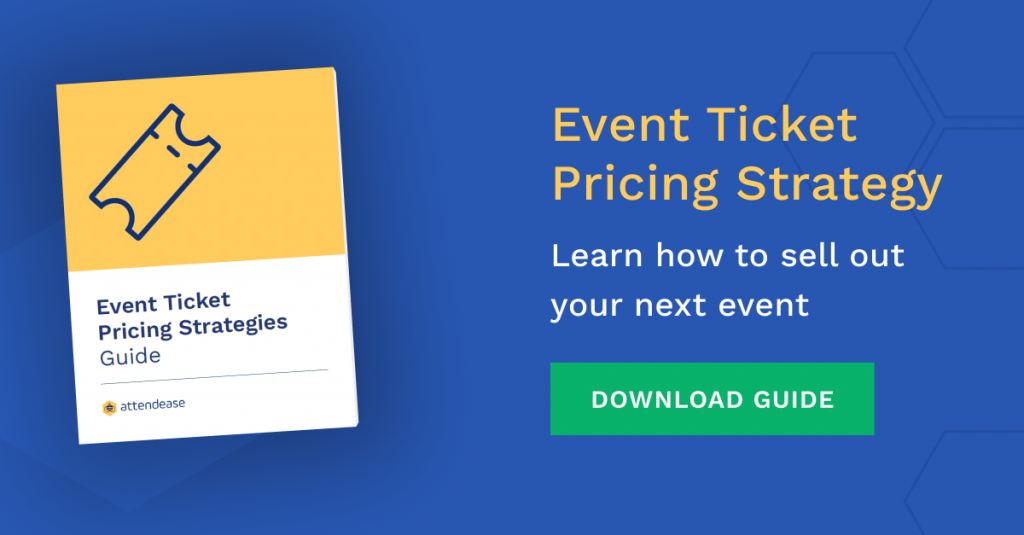
Introduction:
Have you ever wondered why front-row seats at a concert cost significantly more than those at the back of the venue? Ticket pricing can seem confusing, but with a little insight, you’ll be able to navigate the system like a pro. In this guide, we’ll break down the key factors that influence event ticket prices so you can make informed decisions and get the best value for your money.
Base Price vs. Face Value
Every ticket starts with a face value—the price originally set by the event organizer. But what you pay at checkout is often much higher due to service fees, processing charges, and venue facility fees. When comparing ticket prices across platforms, make sure you’re looking at the final cost, not just the base price.
What Is Dynamic Pricing?
Dynamic pricing is a strategy that adjusts ticket prices in real-time based on demand, availability, and other market trends. For popular events, prices can rise quickly, while less in-demand shows might see lower prices over time. Keep an eye on ticket fluctuations and try to buy when demand is low for better deals.
Tiered Seating and Price Levels
Most venues use tiered seating structures, where seat prices vary by location and amenities. Premium seating options, like front-row or VIP sections, offer better views and perks at a higher cost. Standard or general admission tickets are typically more affordable but may come with limited visibility or amenities.
Understanding the venue’s seating chart can help you choose the best seat based on your preferences and budget.
Presale Access and VIP Packages
Many events offer presale tickets and VIP packages before general sales open. These often include perks like early access, preferred seating, exclusive merchandise, or meet-and-greet opportunities. While these options usually cost more, they deliver a premium experience for fans looking to elevate their night out.
Buying from Ticket Marketplaces
Resale platforms like StubHub, SeatGeek, and Vivid Seats let people sell tickets they can no longer use. Prices on these sites are set by sellers and may be higher or lower than the original price. Always verify the platform’s buyer protection policy and check reviews before purchasing to avoid scams.
Look for Group Discounts and Promotions
Attending with friends or family? Many event organizers offer group discounts or promotional deals. These offers can significantly reduce the per-ticket cost, making it more affordable for larger parties to enjoy an event together.
Sign up for event newsletters or follow venues on social media to stay in the loop on limited-time offers.
Early Bird Discounts vs. Last-Minute Deals
Some events reward early buyers with early bird discounts, while others offer last-minute ticket deals to fill seats closer to the event date. If your schedule is flexible, you might find better prices by planning ahead—or holding out.
Keep an eye on countdown timers and ticket availability to time your purchase wisely.
Conclusion: Be a Smarter Ticket Buyer
Understanding the factors that influence concert and event ticket pricing can help you save money and choose the right seats for your ideal experience. From dynamic pricing and seating tiers to VIP packages and discount strategies, knowing what to look for puts you in control of your purchase.
We hope this guide gave you a better understanding of how ticket pricing works. Ready to find your next event? Head over to our website to discover exciting shows and experiences—and choose the seats that are perfect for you.
Happy ticket hunting!
Other Articles
The Importance of Tracking Your Ads for Events:
The Crucial Role of Customer Service in a Ticketing Company.








